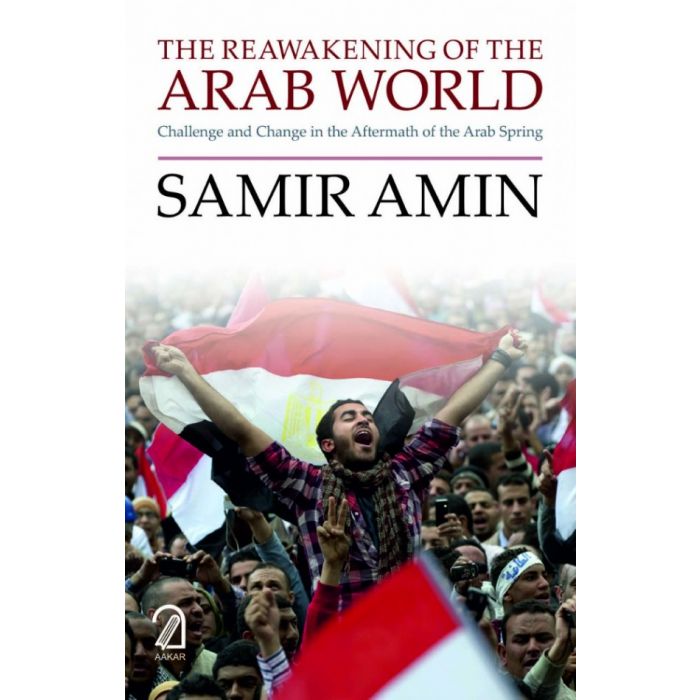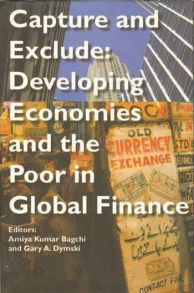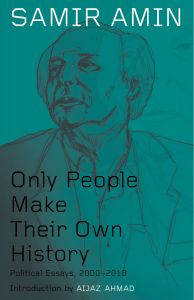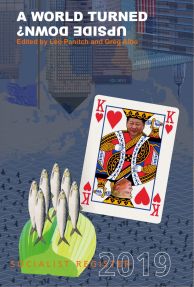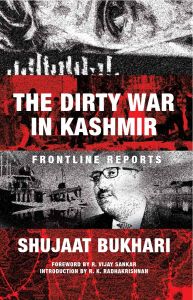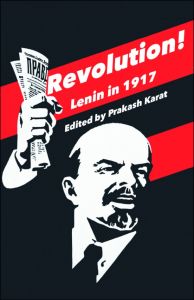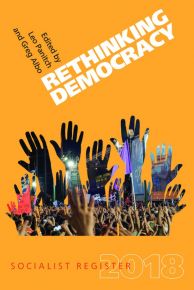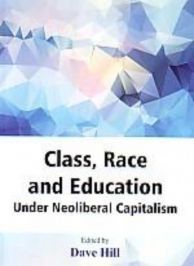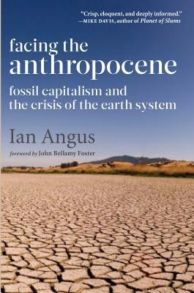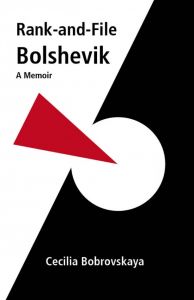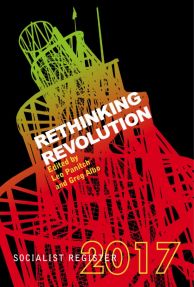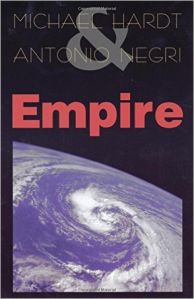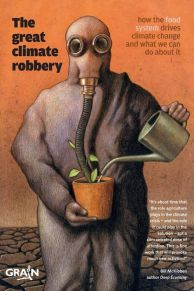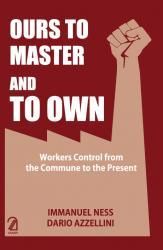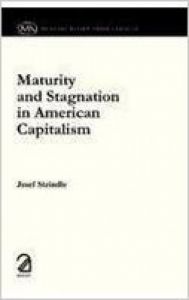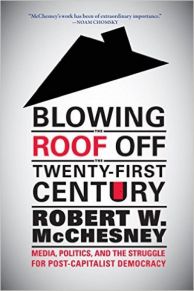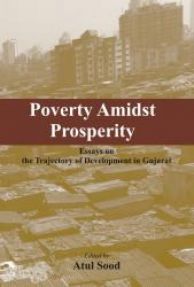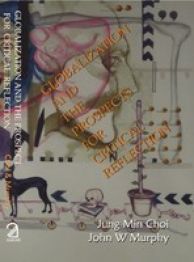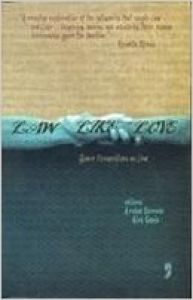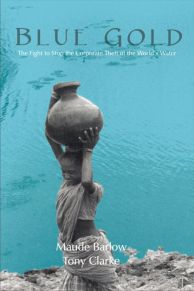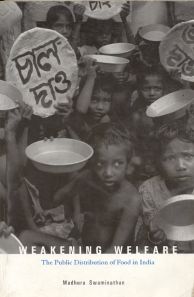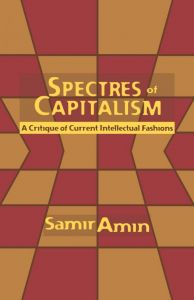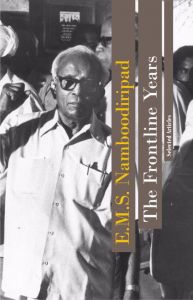The Reawakening of the Arab World
According to renowned Marxist economist Samir Amin, the recent Arab Spring uprisings comprise an integral part of a massive "second awakening" of the Global South. From the self-immolation in December 2010 of a Tunisian street vendor, to the consequent outcries in Cairo's Tahrir Square against poverty and corruption, to the ongoing upheavals across the Middle East and Northern Africa, the Arab world is shaping what may become of Western imperialism – an already tottering and overextended system.
The Reawakening of the Arab World examines the complex interplay of nations regarding the Arab Spring and its continuing, turbulent seasons. Beginning with Amin’s compelling interpretation of the 2011 popular Arab explosions, the book is comprised of five chapters – including a new chapter analyzing U.S. geo-strategy. Amin sees the United States, in an increasingly multi-polar world, as a victim of overreach, caught in its own web of attempts to contain the challenge of China, while confronting the staying power of nations such as Syria and Iran. The growing, deeply-felt need of the Arab people for independent, popular democracy is the cause of their awakening, says Amin. It this awakening to democracy that the United States fears most, since real self-government by independent nations would necessarily mean the end of U.S. empire, and the economic liberalism that has kept it in place. The way forward for the Arab world, Amin argues, is to take on, not just Western imperialism, but also capitalism itself.

